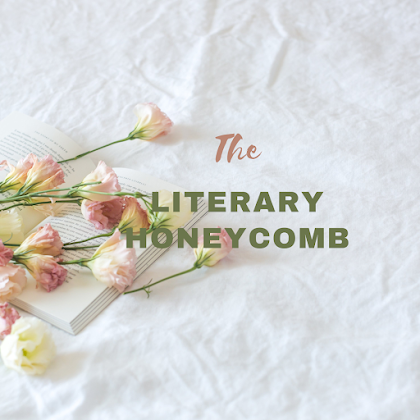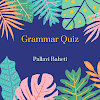Punctuation marks
Punctuation is the use of specific marks in writing to separate words, phrases, and sentences to make the meaning clear.
Punctuation derived from the Latin punctum, a point means the right use of putting in points or stops in writing.
The punctuation marks used in English are
- Capital letters
- Full stop
- Question mark
- Exclamation mark
- Comma
- Apostrophe
- Colon
- Semicolon
- Hyphen
- Dash
- Quotation marks
- Parentheses
- Apostrophe
The Full stop
The Full stop represents the greatest pause and separation. It is used to mark the end of declarative or imperative sentences.
The Full stop can be used in abbreviations, but they are often omitted in modern style.
M.A. or MA
U.N.O.or UNO
The comma
- The comma represents the shortest pause and is used to separate a series of words in the same construction
He lost lands, money, reputation, and friends.
- To separate each pair of words connected by
High and low, rich and poor, wise and foolish, must all die.
- After a Nominative Absolute
This done, he returned to the old man with a lovely smile on his face.
- To mark off a Noun or Phrase in Apposition
Milton, the great English poet, was blind.
- To mark off words used in addressing people
- To mark off two or more Adverbs or Adverbial phrases coming together.
He lost lands, money, reputation, and friends.
- To mark off a direct quotation from the rest of the sentence
"Exactly correct", said Ganesh.
- To separate an Adverbial clause from its Principal clause
The Semicolon
Represents a pause of greater importance than shown
- used to separate the clauses of Compound sentences, when they contain a comma
He was a novelist, poet, hard-working man; and we all honored him.
- used to separate a series of loosely related clauses
Colon (:)
We put the colon where a greater pause than that indicated by a semicolon is required.
- We put a colon when you are writing the script of a play. We put it between the names of characters and the words that they speak.
Radha : fine!Thank you.
- We a colon to illustrate and to explain a statement.
Question Mark (?)
- We put a question mark at the end of an interrogative sentence.
Who are you?
How are you?
Exclamation Mark (!)
- We put an exclamation mark at the end of the exclamatory sentence.
Hurrah! We won the match.
- We also put an exclamation mark s with orders.
Get out!
Be quiet!
Quotat5ion Marks or Inverted Commas ('')
- We put quotation marks to show the exact words that someone says.
He said, "He was not wrong".
- Single quotation marks are used in writing a book's name.
I have just read 'King Lear'.
Apostrophe (')
We use an apostrophe to create possessive forms and contractions. The apostrophe shows where a letter or letters have been left out of a contracted verb.
- In possessives, the placement of the apostrophe depends on whether the noun that shows possession is singular or plural. If the noun is singular, the apostrophe goes before the 's'.
- If the noun is plural , the apostrophe goes after the 's'.
- When two words are written by using apostrophe they are called contractions.
do not = don't
Bracket () {} []
- We can use it to include explanatory words or phrases within the quoted language or our writing.
Dhoni,(the captain) is a real hero.
- We use brackets in Mathematics.
Dash ( _ )
- We use a dash as a super -comma to set off parenthetical elements.
Hyphen (-)
- A Hyphen is used both to join the words and to separate syllables.
Co-operative, father-in-law
Slash (/)
- Slash or slant is used to indicate a choice between the words it separates.
Give your answer in yes/no.In
- In poetry to indicate line -break
Capital Letters
- It is used for the first letter of the first word in a sentence
- to begin a proper noun.
- the first word of a sentence in inverted commas.
He said, "This is my bat".








1 Comments